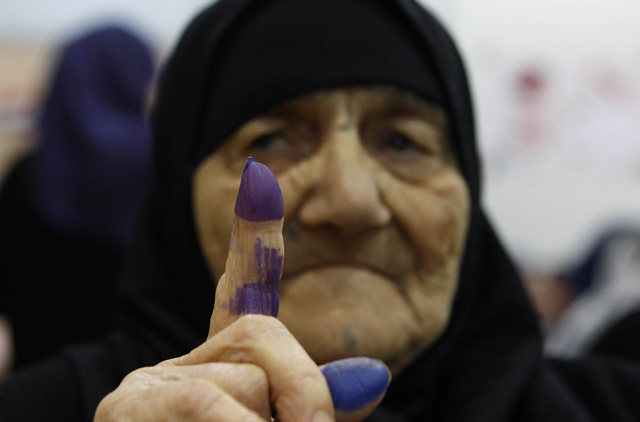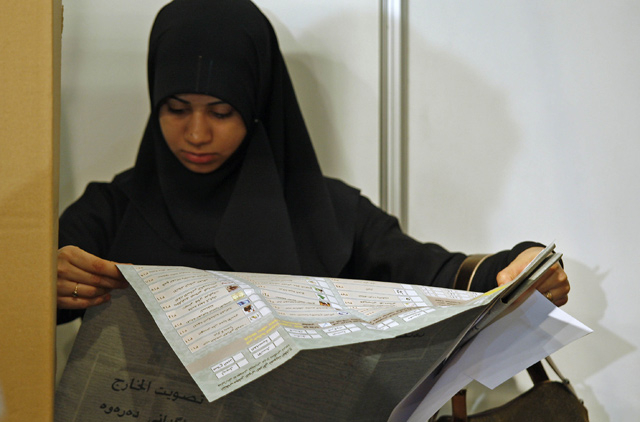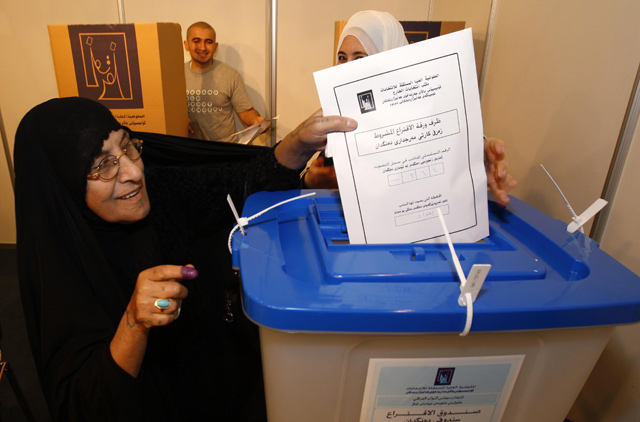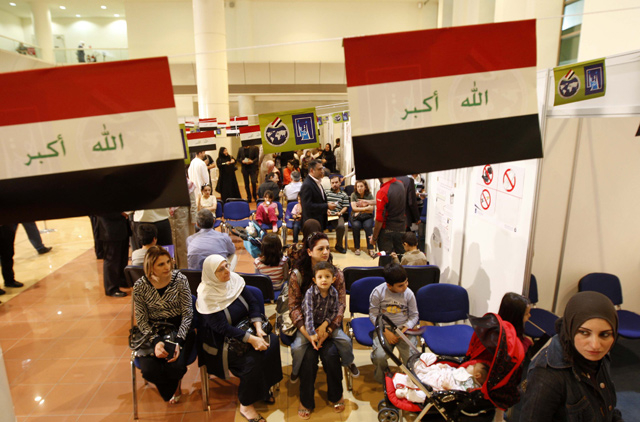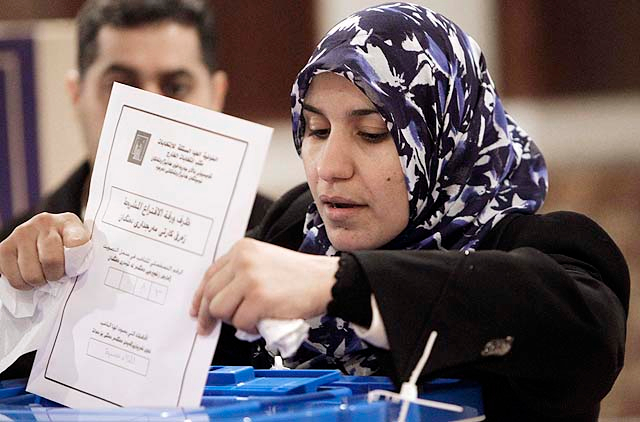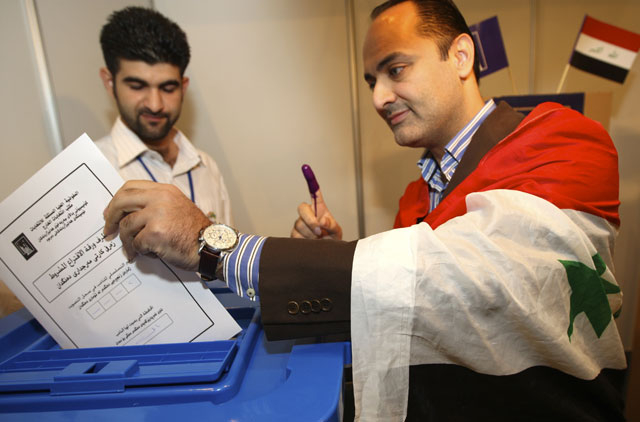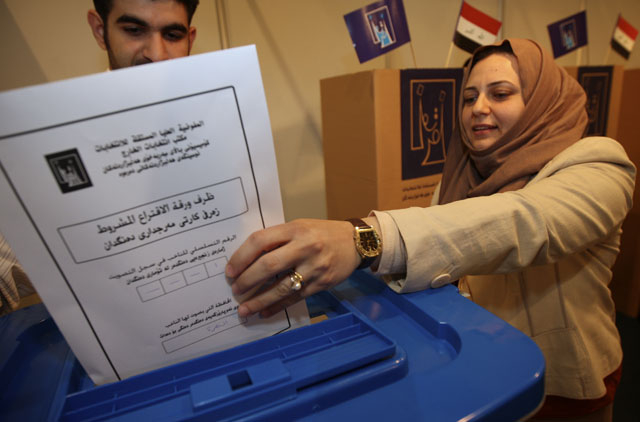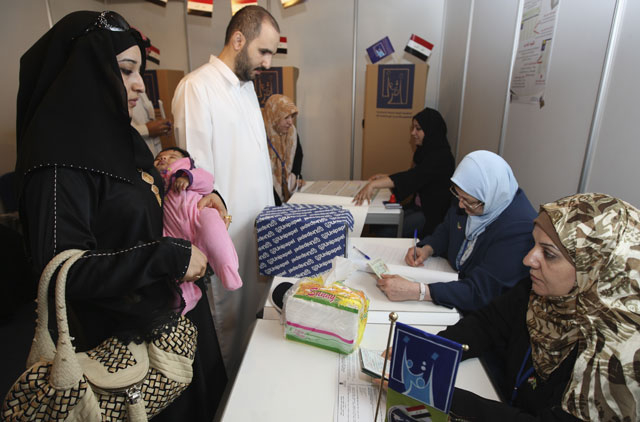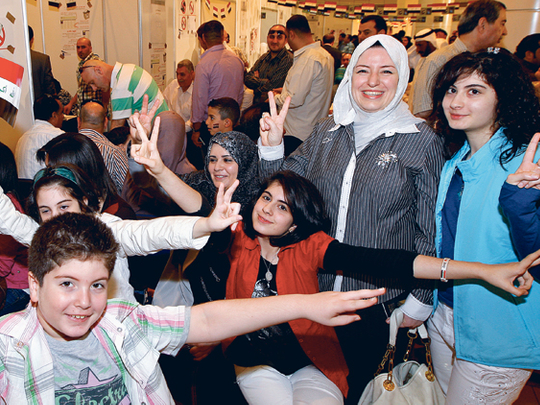
Dubai: Widely considered the most decisive Iraqi election since the US invaded the country exactly seven years ago, Sunday's national polls are expected to reshape the political landscape and may pave the way to permanent stability.
Nearly 20 million voters are eligible to vote in the elections, in which more than 6,000 candidates are competing for the 325 seats in the National Assembly.
Iraqis unanimously agreed that this election is "a landmark" process as it includes all segments of Iraq's sectarian and ethnic mosaic.
In pictures: Crucial Iraq poll
Interactive map: Seats in the Iraq elections
Unlike the previous elections in 2005, the first since the 2003 invasion, when the Sunni community boycotted the process, this time there is a strong Sunni participation in all major competing political alliances, including the State of the Law, led by incumbent Prime Minister Nouri Al Maliki, and its strongest rival Iraqiya, led by former Prime Minister Eyad Allawi.
The 2005 boycott left most Sunnis in the political wilderness, deepened the sectarian divide and heightened the deadly violence between Sunnis and Shiites.
Frontrunners
A Shiite is almost certain to become prime minister. Al Maliki and Allawi are the two frontrunners to lead the new government.
Many Sunnis have begun engaging with the state, and Sunni voters are expected to turn out in force. "The positive thing about this election is that Iraqis for the first time are not divided along ethnic and sectarian lines. Each of the 260 political blocs registered for the election has listed people based on their political programmes and not on ethnic or sectarian affiliation," Maysoun Al Damlouji, a spokeswoman for Allawi, told Gulf News.
However, Sunni leaders seem to remain wary of the tendency of Shiite domination in the army and security forces of the post-Saddam Hussain era.
Eyad Al Samarraie, the parliamentary speaker, said that while the sectarian violence had decreased, unease would simmer if today's election did not deliver a just government.
Two other issues are prominent in this election: the US military's planned withdrawal next year and its impact on security, and the interference by neighbouring states in Iraq's internal affairs.
— With additional inputs from agencies
Did you vote in the elections? How do you see the elections changing Iraqi politics? What is the biggest challenge the country faces?


